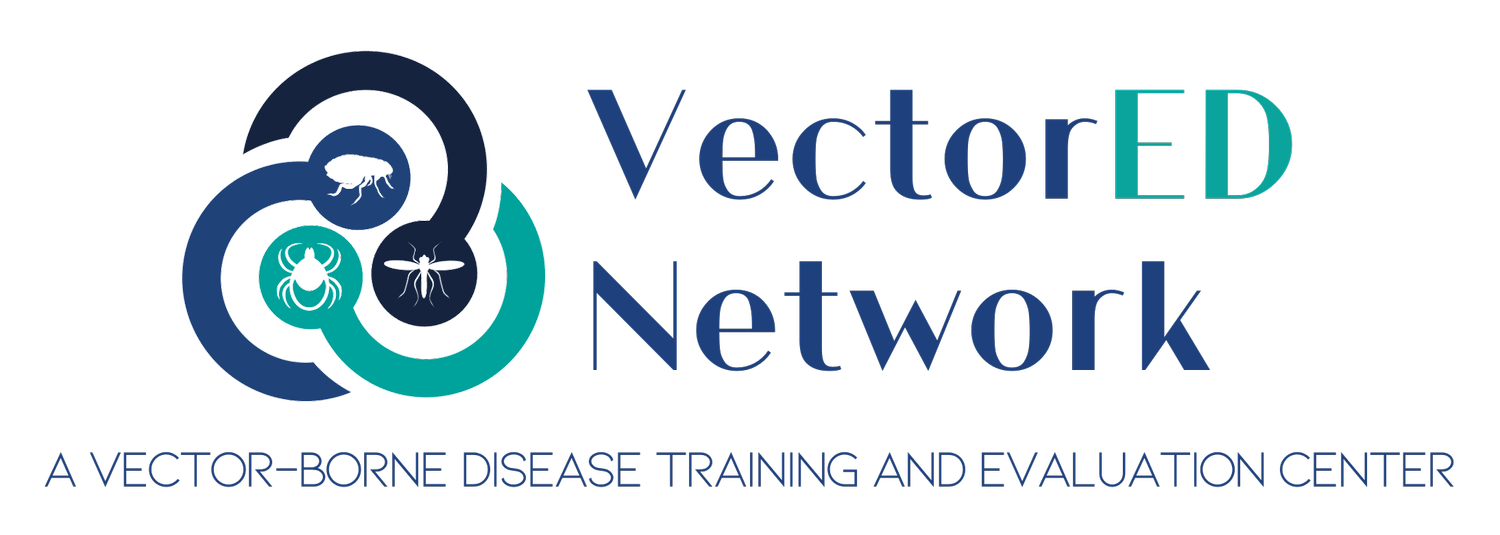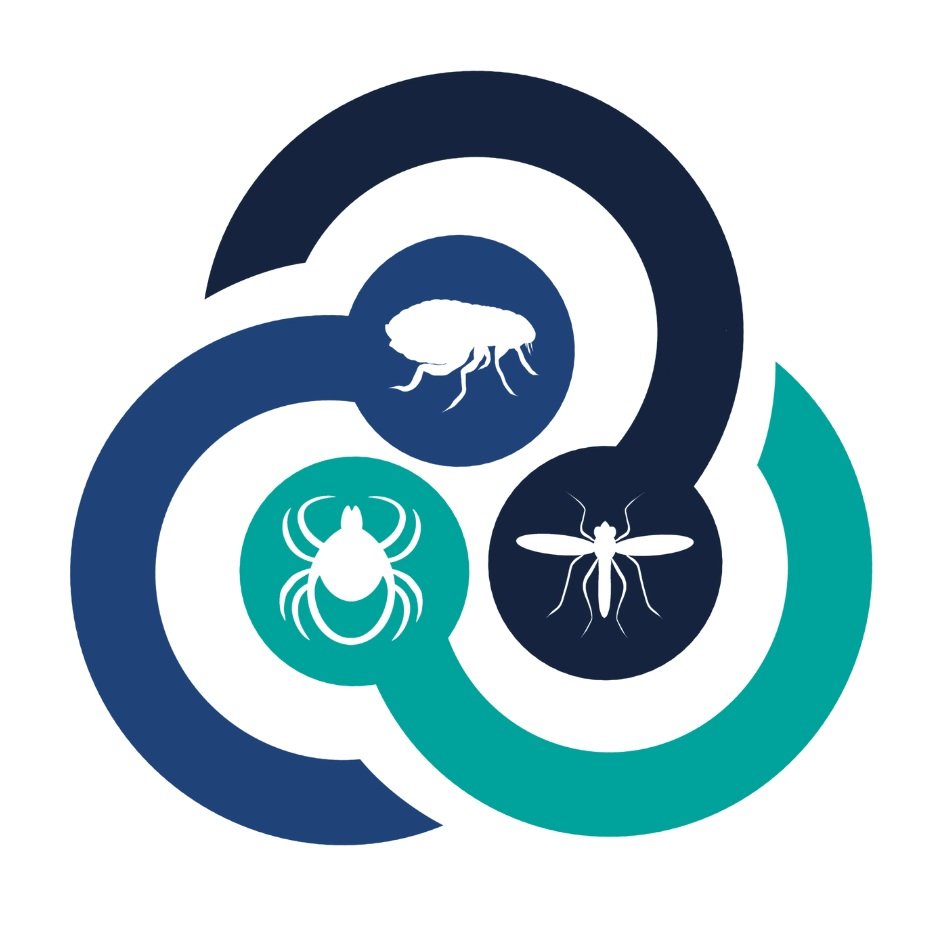Student Training Network
What is the Student Training Network (STN?)
The STN aims to train undergraduates, graduate students, and staff in different disciplines about vectors and vector-borne diseases.
Core objectives:
Student Skill Development: The STN will foster the development of a diverse set of skills among undergraduate and graduate students, including research, data analysis, communication, and leadership skills, which are vital for careers in public health, epidemiology, ecology, and related fields.
Health Equity: The STN is committed to promoting health equity by ensuring that students from all backgrounds have access to training and opportunities in vector-borne disease research and response and by creating internship opportunities for students from historically marginalized communities.
Critical Thinking Skills: Through hands-on research and problem-solving activities, students will develop critical thinking skills to analyze complex issues, evaluate evidence, and propose innovative solutions.
Frequently Asked Questions
Who do I contact about potentially participating in the STN?
Please reach out to the lead of the institution you are interested in (Penn State, Ohio State, University of Pittsburgh, University of Delaware, University of Tennessee, and West Virginia Wesleyan College). Those contacts can be found here.
When would I work during the internship?
Most interns will work full time for at least 12 weeks during the summer. The actual start and end dates of work can vary—starting in April or May can be ideal for work with ticks, while mosquito field work is usually concentrated later in the summer.
What would I get paid during the internship?
Interns will be paid according to the standards of the respective institutions, and we encourage you to reach out to your prospective mentor with questions. In addition to this work stipend, students from minority-serving institutions will receive an additional $1,500 at the start of their internship to cover housing and travel expenses. Learn more about these internships and how to apply here.
Want to know more?
Don’t take our word for it,
Check out our 2024 Evaluation Report!
What are the benefits of the
Student Training Network?
-

Vector & Vector-borne Disease Skills
Learn unique skill sets in vector identification and biology that can help you get an edge when applying for a job and be ready to respond to public health concerns.
-

Professional Development & Resume Building
As a member of STN, you will take modules on vector identification and biology and health equity. Once you have completed the internship, you will be able to add three new certificates to your resume.
-

Funded Laboratory Experience
Laboratory experience is invaluable for students interested in a professional career in public health, animal health, or environmental health. This internship is funded at each participating institution throughout the 12-week internship.
-

Network Building & Collaboration
You will be connected to interns participating in the Network from six different institutions. You will also be introduced to professionals working in various fields. Upon completion, you will have a new network of individuals to connect with as you advance in your career.




















